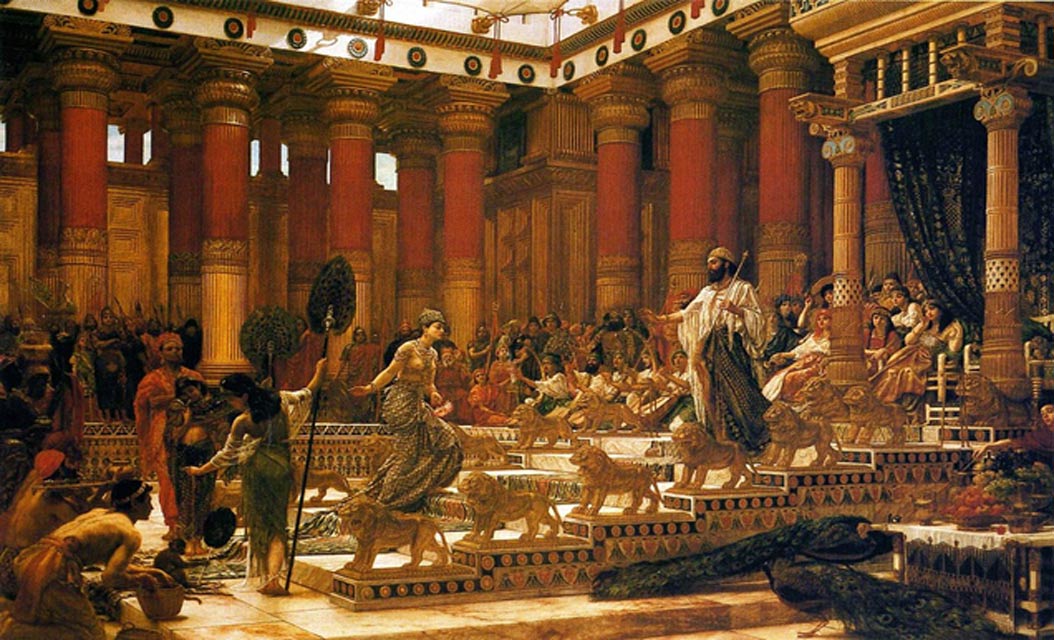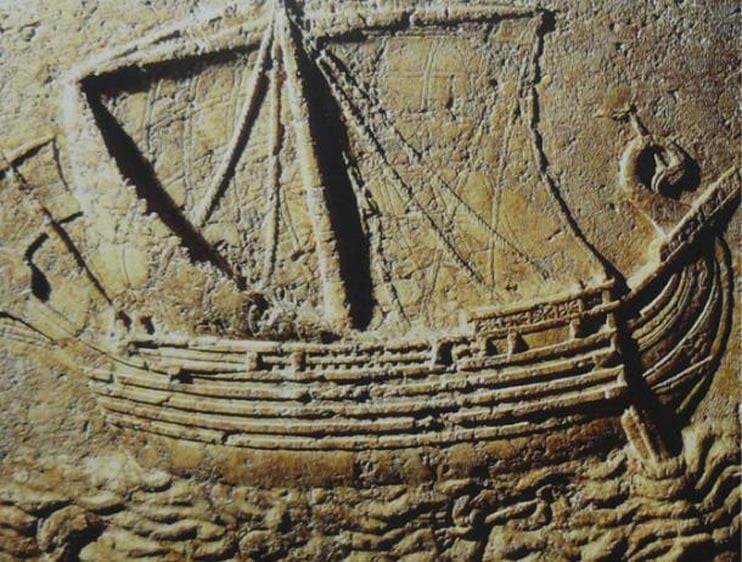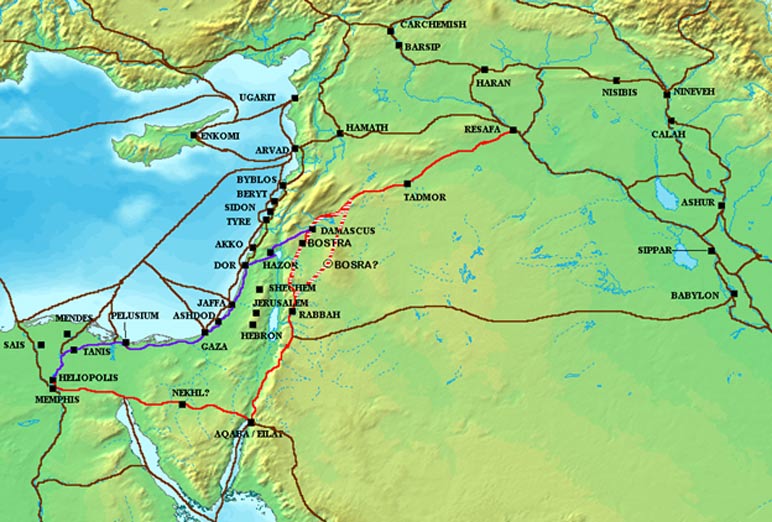
Legendary Riches: Commercial Gains, Trade and Tragedy During the Reign of King Solomon
During the reign of King Solomon, it is said Israel for the first time was at peace with most of its neighbors, according to the Bible. Moreover, peace allowed the United Kingdom of Israel to flourish in commercial activity as well as exploration. This was attributed to Solomon’s nature. Unlike his father King David, who was a man of war, Solomon was believed to be the exact opposite; Solomon was a man of rest or peace, at least when it came to foreign policy. (I Chr 22:7-9)
He was all about building and enterprise, as well as building trustworthy relationships with those around him, such as with his father’s friend King Hiram of Tyre. (I Kings 5.1) King Hiram of Tyre was a Phoenician; the name ‘Phoenician’ was a term the Greeks would use to indicate the people dwelling in what is today the country of Lebanon. During the reigns of David and Solomon, the Phoenicians were known for their trade and the establishment of colonies throughout the Mediterranean Sea and possibly beyond.

Phoenician ship Carved on the face of a sarcophagus. 2nd century AD. (Elie plus/CC BY SA 3.0)
The United Kingdom of Israel and the city-states of Phoenicia were not only allies but also joint allies in the realm of economics, from here on out and in greater magnitude than before.
Wealthy Lands Unknown
This relationship between the two peoples began after David captured Jerusalem, Hiram “sent envoys to David, along with cedar logs and carpenters and stonemasons, and they built a palace for David.”(2 Sam 5:11) This indicates that before David captured Jerusalem, he was already in a political and economic alliance with Hiram. From this moment, Israel and Phoenicia very much invested into each other.

Painting illustrating David, King of Israel. (Public Domain)
The Israelites, along with the Phoenicians had already established trade routes in the Mediterranean Sea; Solomon wanted to expand the routes by building a naval port on the Red Sea at a place called Ezion-geber in the land of Edom. It was here at Ezion-geber that Hiram sent his shipbuilders to construct a merchant fleet for King Solomon, which would be manned by Phoenician sailors and most likely Hebrew ones as well.





